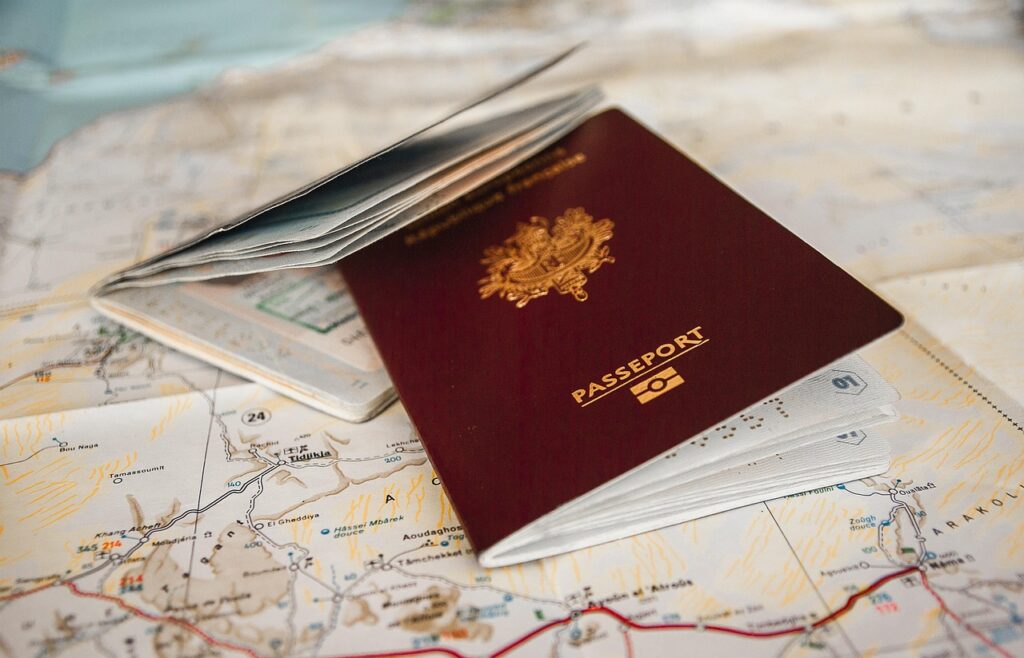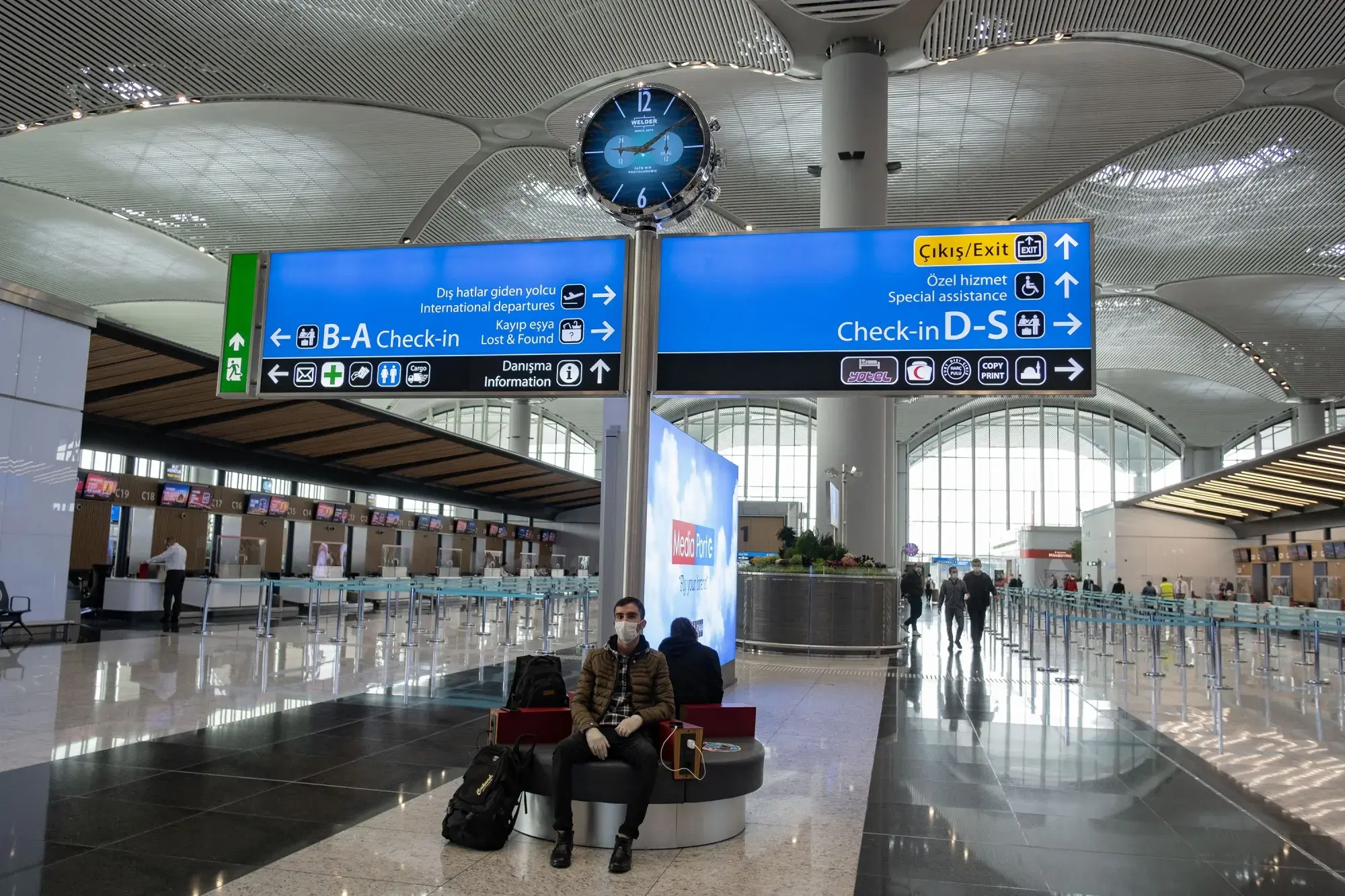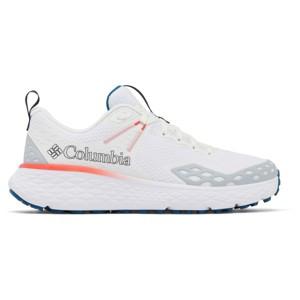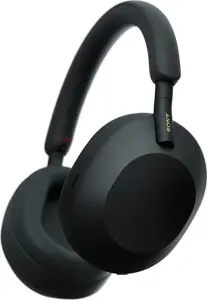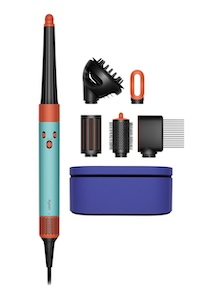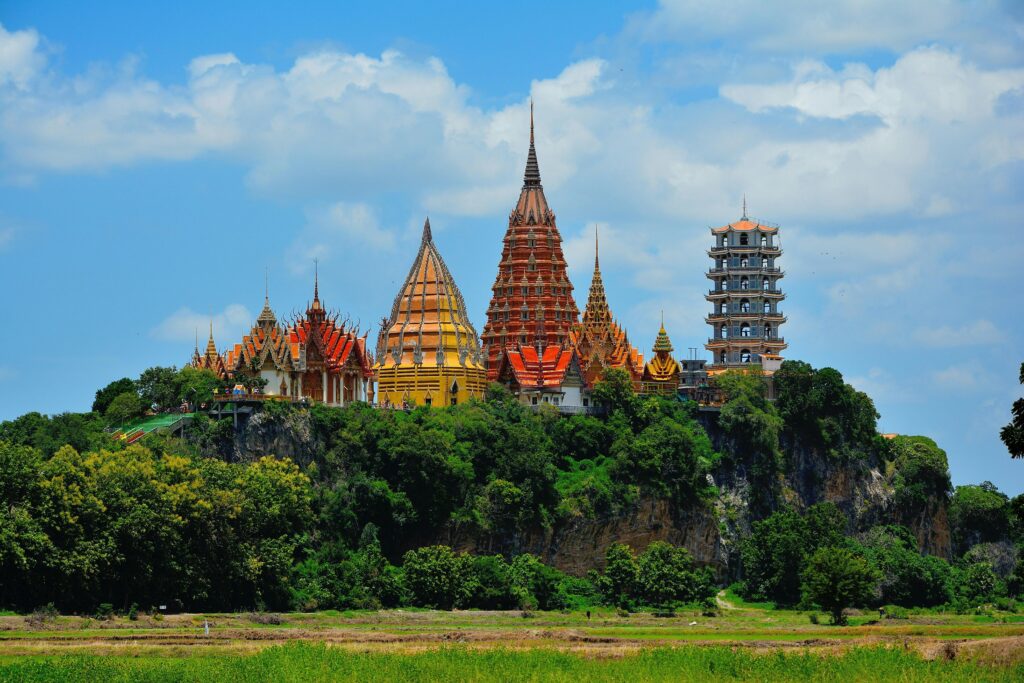
Essential customs rules and
restrictions for entering Thailand
Traveler’s Guide by Parlaxy | Updated: July 30, 2025
Planning a trip to Thailand in 2025 – for vacation, business, or a long-term stay? Start your adventure right with this updated 2025 Thailand customs guide for international travelers.
This quick-read guide covers key customs regulations for anyone arriving in Thailand via major airports like Suvarnabhumi Airport (Bangkok), Don Mueang, Phuket International, and other regional entry points.
Here’s what you need to know:
- Duty-free allowances for alcohol, tobacco, and personal items
- Prohibited and restricted items, including certain medications, food products, e-cigarettes, and drones
- Customs declaration rules and what to expect during inspection
- Tips for quick clearance to avoid delays, fines, or confiscations
Whether you’re diving in Phuket, temple-hopping in Chiang Mai, exploring Bangkok’s street food, or attending a business conference in Pattaya, knowing Thailand’s customs rules ensures a smooth arrival.
Travel smart and stay compliant – make your 2025 trip to Thailand safe, fast, and hassle-free.

Your Essential 2025 Guide to Entering Thailand – Save Time, Avoid Fines, and Travel Stress-Free
Don’t get held up at Thai customs – read or save this 2025 Thailand entry guide to avoid delays, unexpected fees, and common border issues.
| Documents Required for Entry | All travelers entering Thailand in 2025 must present a valid passport that remains valid for the entire duration of their stay. Depending on your nationality, you may also need a tourist visa, eVisa, or pre-arrival travel authorization. Visa Requirements for Thailand in 2025: -Visa required: Citizens of India, China, Bangladesh, Pakistan, Nigeria, and most African countries generally need to apply for a Thai tourist visa in advance or use the Thailand eVisa system. -Visa-free or visa-on-arrival access: Nationals from the United States, Canada, UK, EU countries, Australia, New Zealand, Japan, South Korea, and many Southeast Asian nations (such as Singapore, Malaysia, Vietnam, and the Philippines) can often enter visa-free for up to 30 or 45 days, depending on bilateral agreements and travel purpose. Be Prepared to Show on Arrival: -Confirmed return or onward ticket -Proof of accommodation (hotel reservations or invitation letter with address) =Proof of sufficient funds (cash, credit card, or bank statements) If you plan to stay in Thailand beyond the visa-free period, you must apply for a visa extension or switch to a long-stay visa through Thailand’s Immigration Bureau. You may need to provide: -Justification for stay (e.g., retirement, business, study, medical care) -Proof of income or financial stability -Local address registration -Valid health insurance (required for certain long-stay categories like retirement or medical visas) |
| Currency Export and Import Restrictions | None |
| Currency Export and Import Limits by Amount | ny amount of cash equal to or exceeding 450,000 Thai Baht (or its equivalent in foreign currencies) must be declared to Thai customs upon arrival or departure from Thailand. |
| Restricted Items for Import | -Travelers aged 18 and older arriving in Thailand by air or land may bring in goods valued up to 20,000 Thai Bahtduty-free, including personal items and souvenirs for non-commercial use. -Travelers under 18 years old are generally allowed to bring in goods valued at up to 10,000 Thai Baht, regardless of their mode of entry. |
| Prohibited Items for Import | Illegal drugs and narcotics – including marijuana, cocaine, heroin, opium, morphine, and other controlled substances, regardless of origin or medical use Pornographic materials – printed, digital, or physical forms of obscene or sexually explicit content Counterfeit goods and currency – including imitation branded items, fake currency, pirated software, DVDs, or electronics Products made from protected wildlife – such as ivory, tortoise shells, coral, shark fins, dried seahorses, or any CITES-restricted species Cultural or religiously offensive items – including disrespectful depictions of the Thai flag or religious figures, especially Buddha images used as decor E-cigarettes and vaping devices – including liquids and cartridges; possession or use can lead to fines or arrest |
| Alcohol Import Regulations | Travelers aged 20 and older (the legal drinking age in Thailand) may bring the following amounts of alcoholic beverages into Thailand duty-free when arriving by air or land: Up to 1 liter of alcoholic beverages per adult traveler, regardless of type (e.g., wine, beer, spirits) Note: You may bring a combination of alcoholic drinks, but the total volume must not exceed 1 liter. Exceeding this limit may result in fines, confiscation, or legal penalties at Thai customs. |
| Alcohol Export Regulations | There is no strict Thai limit on the amount of alcohol a traveler can export for personal use, but quantities should remain reasonable and non-commercial. Large volumes may raise suspicion and require export permits or tax declarations. |
| Tobacco Product Import Regulations | -Up to 200 cigarettes, or -Up to 250 grams of smoking tobacco, or -Up to 250 grams of cigars or cigarillos, or -A combination of these items not exceeding the equivalent of 200 cigarettes in total. |
| Tobacco Product Export Regulations | When departing Thailand, travelers may carry tobacco products for personal use, but quantities should remain reasonable and non-commercial. |
| Restrictions on Importing Medications and Dietary Supplements | -Travelers entering Thailand may bring prescription medications for personal use, typically limited to a 30-day supply. -Controlled substances such as narcotics and stimulants require a valid prescription and prior approval from Thai authorities, and must be declared at customs upon arrival. -Over-the-counter (OTC) medications are generally allowed in small quantities for personal use; it is highly recommended to carry the original packaging and any relevant prescriptions. -Dietary supplements and vitamins are permitted for personal use but must comply with Thailand’s health and safety regulations, including proper labeling and packaging in Thai or English. -Importing medications or supplements for commercial purposes requires prior approval from the Thai Food and Drug Administration (FDA). |
| Restrictions on Importing Jewelry and Luxury Goods | Travelers bringing jewelry or valuables exceeding 500,000 Thai Baht (approximately USD 15,000) into Thailand must declare these items to Thai customs upon arrival to avoid delays, fines, or confiscation. |
| Restrictions on Exporting Jewelry and Luxury Goods | When departing Thailand, travelers may carry jewelry for personal use, but quantities should remain reasonable and non-commercial. |
| Restrictions on Importing Items of Artistic and Historical Value | -Importing items of artistic, historical, or cultural significance into Thailand is strictly regulated to protect the country’s cultural heritage. -Such items require proper export permits or certificates from the country of origin, along with a detailed customs declaration and supporting documents like provenance records or certificates of authenticity. -Failure to provide accurate documentation can lead to seizure of items, fines, or legal penalties under Thai law. Prohibited imports include stolen artifacts, illicitly excavated antiques, counterfeit works, or misrepresented cultural goods. -Upon arrival, Thai customs officials may inspect and verify the authenticity and significance of declared items, sometimes consulting experts from the Fine Arts Department or other cultural authorities. |
| Restrictions on Exporting Items of Artistic and Historical Value | Antiques and Objects of Art: Any item considered an antique or object of art cannot be exported without prior approval from the Fine Arts Department. Buddha Images: Exporting Buddha images larger than 12 cm requires a permit from the Fine Arts Department. Only up to five such images per person may be exported, and they must be for educational, cultural exchange, or religious purposes. Export Permits: To obtain an export permit, travelers must submit an application to the Fine Arts Department, including photos of the item, a copy of their passport, a detailed description of the artifact, and the intended purpose of export. Prohibited Items: Exporting parts of Buddha images (such as heads, hands, or feet) is strictly prohibited to prevent illicit trade of cultural artifacts. Wooden Artifacts: Certain wooden products, such as Siamese rosewood, are subject to export bans or require special licenses. |
| Restrictions on Importing Pets | Eligible Pets: Dogs, cats, and certain exotic animals are allowed but require prior approval. Health Certificates: A valid veterinary health certificate issued within 7 days before arrival is mandatory, confirming the pet is free from contagious diseases. Rabies Vaccination: Pets must have a current rabies vaccination administered at least 21 days before entry and not more than one year prior. Import Permit: An import permit from the Department of Livestock Development is required before arrival. Quarantine: Pets may be subject to quarantine for up to 30 days at an approved facility, especially if coming from countries with rabies risk. Microchipping: Pets should be microchipped with an ISO-compliant chip for identification. Prohibited Animals: Certain breeds and exotic species may be restricted or banned. |
| Restrictions on Exporting Pets | General Requirements -Pets must be at least 4 months old. -A microchip compliant with ISO 11784/11785 (15-digit) is mandatory for identification. -Rabies vaccination is required at least 21 days before export. -A valid health certificate from an accredited veterinarian issued within 7 days prior to departure is necessary. -An export permit from the Department of Livestock Development is required. Dogs and Cats -Pets must undergo inspection at the airport 48 hours before departure. -All documents including health certificates and export permits must be presented during inspection. Rabbits and Rodents -An import permit from the destination country is required. -A health certificate issued within 7 days prior to export is necessary. CITES-Listed Species Additional permits and documentation are required for species protected under the Convention on International Trade in Endangered Species of Wild Fauna and Flora (CITES). |
Latest news – customs rules, travel alerts & more
Earn while traveling with Parlaxy
Connect with a shopper and deliver for a fee
Parlaxy Wiki is a customs guide designed for travelers who prepare smartly. We’ve gathered all the latest information by 2025 so that the Parlaxy community has access to up-to-date customs rules and restrictions for different countries, as well as insights into popular destinations and travel tips for exploring various corners of the world. Discover the world with Parlaxy Wiki!
Parlaxy connects those who need to purchase items from another city or country with travelers planning trips to those destinations. Parlaxy is not only a convenient platform where buyers can order products from anywhere in the world and travelers can earn by delivering goods along their travel routes—it’s also a reliable source of current travel information worldwide.
Create an order if you’re shopping, or create a trip if you’re ready to earn while traveling!


